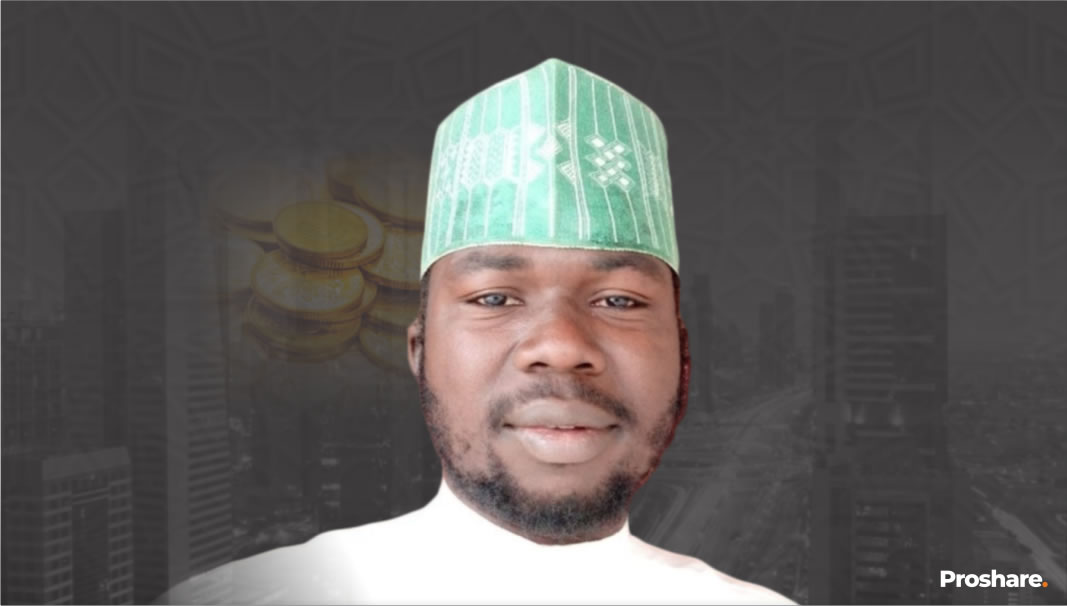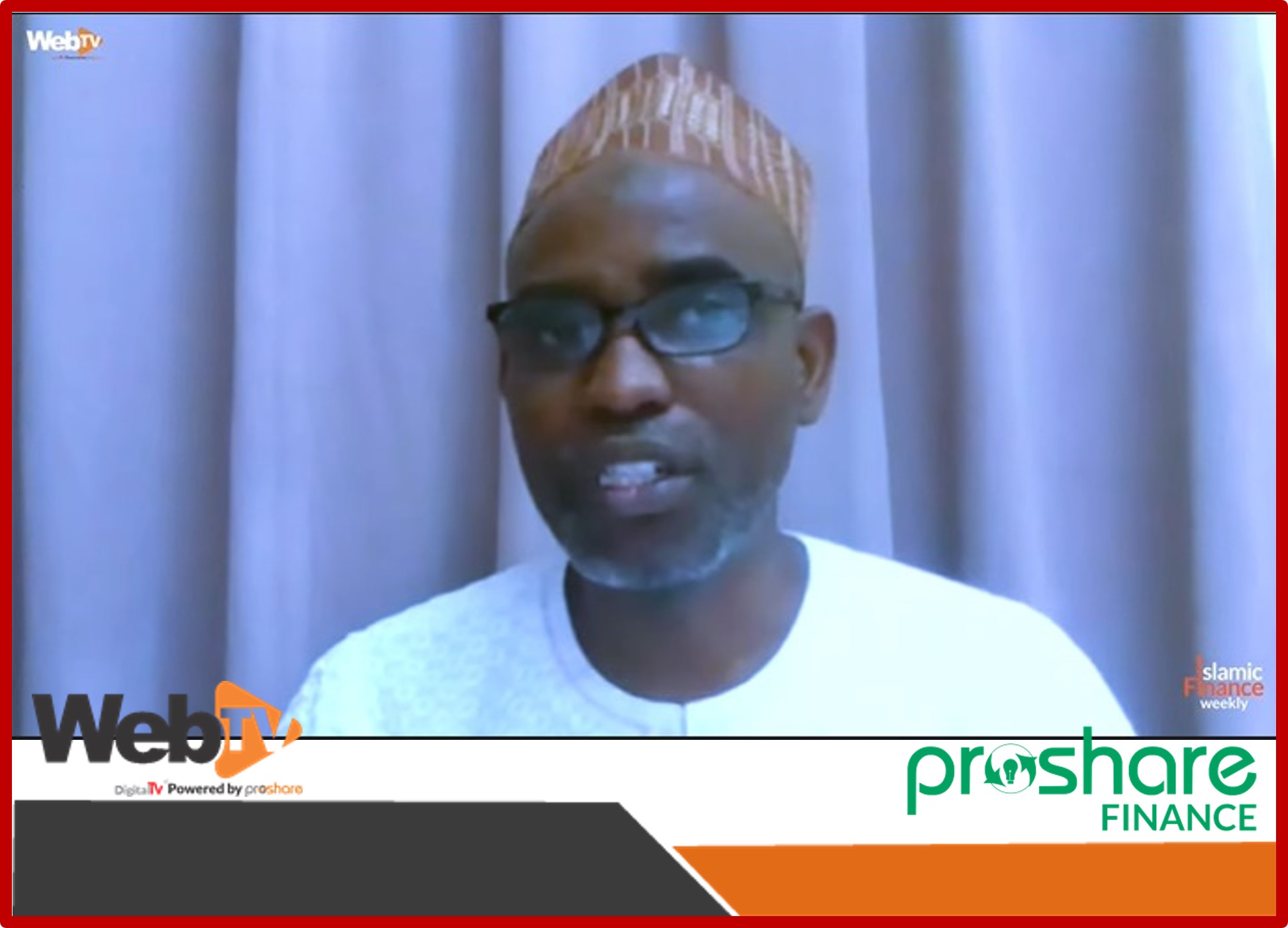“Political Consensus Needed to End Poverty in Nigeria,” Says IGET, Africa’s Think Tank
A new policy paper released today by the Institute for Governance and Economic Transformation (IGET), an independent, nonpartisan think tank, has described pervasive poverty as a threat to Nigeria’s future and the most pressing challenge for the country’s next administration after the 2023 elections alongside security. The report, titled “Nigeria’s Poverty Trap – And How to End It” explains the causes and nature of poverty in general and Nigeria’s poverty crisis in particular, and makes 27 policy proposals to take 100 million Nigerians out of poverty in 10 years..
“A country such as ours, in which one half of our 216 million people live lives of miserable poverty, merely eking out an existence, and 90 per cent of the population generally poor, is a country that is failing to achieve the reason it exists”, said Professor Kingsley Moghalu, the Founder and President of IGET and a former Deputy Governor of the Central Bank of Nigeria. “If China and Rising Asia can take more than a billion people out of poverty and create the wealth of nations over a period of 40 years, we in Nigeria have no excuse for being in this situation 62 years after independence. We can do better, and we attempt to show how we can in our report”
The IGET policy paper, co-authored by Prof. Moghalu and Dr. Damian Ude, an economist and Research Fellow at IGET, asserts that the most important structural causes of poverty in Nigeria are the absence of nationhood and good governance, uncontrolled population growth, gender discrimination against women, shocks from over-reliance on crude oil for foreign exchange revenues, and lack serious investment in human capital development, in particular education and healthcare.
IGET recommends that the place to begin a war against poverty is the formation of a political consensus amongst Nigeria’s political and other elites, across partisan and sectarian divides, that taking 100 million Nigerans out of poverty should become the concentrated focus of politics and governance at all levels in the country. “This consensus, and the bargain that leads to it, is important because politicians and policy makers often tend to be influenced more by economic GDP growth numbers, without fully appreciating (as we have seen in Nigeria) that it is possible for an economy to be growing while many people are getting poorer”, the IGET report stated in its recommendations. “Whoever is elected President of Nigeria in the next presidential election in February 2023 must begin the process of building this elite consensus”, the think tank wrote.
The IGET policy paper also recommends the establishment of a robust social security system backed by national law, as opposed to initiatives in social protection that may not be continued by future administrations. The institute recommends the establishment of a permanent social security for elderly Nigerians aged 65 and above and who do not have a pension. There are 5 million Nigerians in this age bracket. The paper argued that with appropriate fiscal reforms that create new savings and revenues, and massive reduction in the cost of governance, the Federal Government of Nigeria can afford to spend N5-7 trillion annually on an effective social protection system that will drastically reduce poverty.
Looking into the future, IGET recalled that estimates by experts are that one-third of all the poorest people in the world will live in Nigeria and Democratic Republic of Congo alone by 2030. The think tank assessed that a rapid rise in the youth population without the required skills, jobs and other opportunities, is a recipe for social and security implosion.
IGET’s mission is to support African countries to improve knowledge, design and implementation of public policy.in the areas of sustainable development and inclusive growth, business and finance, and improving the efficiency and effectiveness of governance. The institute carries out research and policy analysis, advocacy, training and executive education, and discussion forums. The think tank has a global Advisory Board chaired by Khalifa Muhammadu Sanusi II. Other members of the IGET Advisory Board are Dr. Andrew Nevin, Partner and Chief Economist of PwC Nigeria, Dr. Franza Baumann, former Assistant Secretary-General of the United Nations for General Assembly Affairs, Dr. Tamela Hultman, CEO of AllAfrica Foundation, Dr. Richard Ikiebe, Chairman of the Board of Directors of Businessday, Dr. Ifeoma Nwakoby, Senior Lecturer in Banking and Finance at the University of Nigeria, Nsukka, and Mr. Tayo Oviosu, Founder and CEO of Paga Tech.
Executive Summary
Poverty is difficult to define precisely, but we can clearly identify it when we see, hear, or experience it. Citizens of a nation who live in poverty suffer economic, cultural, social, political, and environmental deprivations. A lack of income is only one aspect of poverty. It also covers the several effects of this deficiency. The non-financial aspects of poverty include situations such as material squalor, impotence, social exclusion and powerlessness, a lack of opportunities, a lack of education, and sub-par living conditions.
Multidimensional poverty is the name given to this occurrence. Because monetarybased assessments ignore a lot that also matters, a multidimensional approach is required to measure poverty. Moreover, economic growth does not always result in a decline in poverty or deprivation. Furthermore, impoverished people frequently use multifaceted descriptions to convey their experiences of poverty.
People live in poverty for a variety of reasons such as inequality and marginalization, conflict, a lack of education and skills, a lack of employment or other means of support high food prices that reduce their purchasing power, the effects of climate change such as floods and droughts, a lack of savings, inadequate social welfare and social security programs provided by the government, and unchecked population growth.
With a Gross Domestic Product (GDP) of $440 billion, Nigeria is the largest economy in Africa, but the country is caught in a deep poverty cycle. According to the World Bank, 95 million Nigerians will be considered extremely poor by 2022, up from the current national average of 89 million, or 43% of the population. This calculation is based on the extreme poverty mark of less than $2.15 a day. More than 90% of Nigerians live in poverty when compared to the $5.5 daily poverty limit.
Nigerians continue to live in poverty as a result of the effects of climate change and conflict, which have been made worse by the COVID-19 pandemic, as well as more fundamental causes like slow economic growth, low levels of human capital, unemployment, and exposure to global economic shocks resulting from a reliance on crude oil for foreign exchange earnings.
Nigerian poverty is notable in particular because it has been escalating amid a sizable, expanding economy that has largely excluded a vast majority of the population. Northern Nigeria continues to be the region with the highest concentration of poverty in Nigeria, whether assessed by a state’s multidimensional or monetary poverty headcount. In rural places, poverty is more pervasive. Furthermore, poverty is unevenly distributed throughout Nigeria even across particular geographic areas. This implies that for initiatives to reduce poverty to be successful, they must be precisely targeted.
More than just economic factors have resulted in mass poverty in Nigeria. The country’s poverty trap was brought about by a failure of nationhood and governance. This is because the political elite has placed a considerably greater emphasis on self-serving state capture for patronage and sectarian interests than on a sincere desire to end poverty. A broken and corrupt political system has created the wrong priorities. As sectarian interests and the dominant partisan political reward system combine to supersede knowledge and competence in public policy, it has also steadily undermined state capacity and state institutions, encouraging knowledge gaps and incompetence in key decision-making positions.
Nigeria’s unchecked population growth in the midst of the current high poverty rates also contributes to the perpetuation of the poverty trap and makes it intergenerational in nature. If this tendency is not reversed, it will have detrimental effects on Nigeria’s future. “Gendered poverty” – poverty that is caused and maintained by gender-specific issues such gender inequality, discrimination, and exclusion – is a significant component of Nigeria’s poverty trap. These gender-specific aspects of poverty serve as a good illustration of multidimensional poverty.
At current trends, Nigeria will not be able to end extreme poverty for 35 million people by 2025, or for 100 million Nigerians within the next ten years, as indicated in its National Development Plan and other policy pronouncements by the government. The country requires a new elite development consensus on development that cuts through partisan political and other divides, as well as a unity of purpose that is focused on the human development of its 216 million citizens, in order to start making meaningful progress in the eradication of poverty. This agreement should be focused on creating a broadly prosperous society. Such an ambition would entail lifting millions of Nigerians out of poverty and moving them into the middle class through wealth creation.
The forthcoming elections in February 2023 present a historic chance to start constructing this consensus across all facets of Nigerian society. Whoever wins the next presidential election and leads the next administration will be responsible for leading this historic effort. A key necessity for the achievement of this agenda is philosophical clarity regarding the roles of the state and the market in reducing poverty.
Other suggestions for eradicating poverty include, as a top priority, increased and carefully targeted investments in healthcare and education, creating an environment that encourages the creation of jobs in the private sector, bold fiscal reforms to increase government revenue through effective taxation and the elimination of wasteful fuel subsidies while mitigating the potential effects of subsidy removal on already poor citizens, and such other macroeconomic reforms as exchange rate adjustments.
Abolition of the Land Use Act, civil service and security reforms to improve state capacity and gender empowerment, intensified family planning education and services, and resolution of the conflicts (or “silent wars”) in various parts of Nigeria that have caused and exacerbated poverty through internal displacement and decreased food production are all structural changes necessary to enable millions of Nigerians to escape the poverty trap.
It is essential to make targeted investments to prevent or manage disasters brought on by climate change, such as floods and droughts. Along with revamping the microfinance banking system and implementing hourly pay jobs, it remains crucial to use market-oriented mechanisms such as investing in venture capital funds run by the private sector to promote access to capital and job creation.
The social protection system in Nigeria is insufficient, ineffective, and therefore mainly ineffectual. In spite of several initiatives taken over the last 52 years by various administrations, poverty rates in Nigeria have remained high. Poorly designed social protection measures, limited coverage, a lack of consistency, a lack of data, and corruption are some of the causes of inadequate social protection.
Rethinking social protection remains necessary. Each administration that is voted to office implements its own plans that are mostly ad hoc, often discarding earlier plans by previous administrations. It is necessary to have a social protection system that is well-organized, expertly planned, and supported by national law.
Additionally, such a comprehensive social protection system needs to be independently and expertly examined, reviewed, and monitored to stop leaks caused by fraud and corruption. Implementing these measures while incorporating structural reforms will increase the chances of controlling the rise of poverty as a “growth industry” in the short term, while structural reforms will start to show results in the medium term
We advocate the implementation of a social security program for Nigerians 65 and older. Nigerians in this age range number 5 million. These senior citizens could be effectively covered by guaranteed social security payments if the Federal Government of Nigeria were to successfully plug fiscal revenue leakages such as oil theft (estimated to cost $700 million per month or $8.4 billion per year) and direct misappropriation of public funds, combined with effective saving and management of a social security fund.
We believe Nigeria can set aside N5-7 trillion yearly to fund the operation of a thorough, well-managed social security system, as well as a comparable, separate allocation for education, healthcare, water, and sanitation. In order to save money in other areas of government, infrastructure projects should be financed mostly through public-private partnerships, with the exception of rural infrastructure. The cost of governance should be reduced.
Brazil and China both present significant case studies on the successful eradication and reduction of poverty. In the case of China, these achievements have been outstanding. China has assisted almost 800 million of its citizens to escape poverty over the past 40 years, contributing nearly 70% of the figures for the eradication of poverty worldwide. In China, visionary political leadership helped to forge a national consensus in order to end poverty.
This trend was supported by philosophical clarity, pragmatism, and strong political and institutional capability throughout the past 50 years, which saw economic policy move away from socialism to market-driven incentives in the agricultural and industrial sectors. Strong social security policies have been a major factor in Brazil’s success in reducing poverty. Nigeria can and should carefully adopt ideas from both nations’ strategies and modify them for local circumstances.
 Lagos, NG • GMT +1
Lagos, NG • GMT +1











 1177 views
1177 views
















 Sponsored Ad
Sponsored Ad
 Advertise with Us
Advertise with Us









